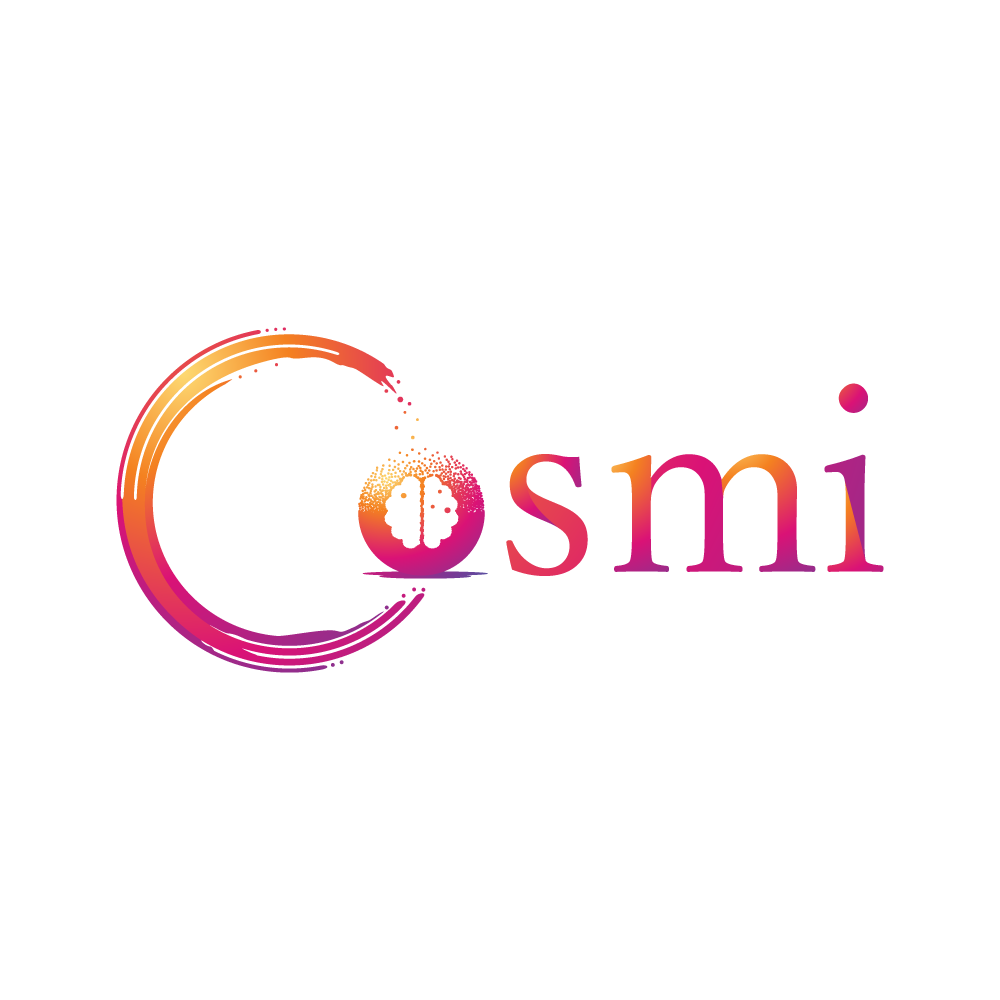Week 1:
Identifying differences and Understanding Stress
- What is Stress?
- Why is it different from nervousness, anxiety, fear, etc.?
- What are the symptoms of physiological (body) and psychological (mind) stress and how do they entwine?
Week 2:
Stress Responses
- What happens to your body when you’re stressed?
- How does prolonged stress affect your body and, even, DNA?
- How can you utilize the body to change the mind and feel better?
Week 3:
Environmental Stress Management
- How does prolonged stress affect your behavior/ mind?
- Demonstrate the power of dialogue – both internal and external
- How does your environment/group dynamics affect behavior?
Week 4:
Structure, personal development, and self care
- The significance of consistent and meaningful personal development
- Hobbies and structure as the cornerstone of stress/anxiety reduction
- Identify events that can cause tension and detract from self-care
Week 5 – 8:
Customized Lessons
- Customized to the needs of the cohort. Lessons will be selected from the following areas: veteran specific issues (two parts), financial stress, nutritional stress, trouble relaxing and insomnia, unemployment and underemployment, homeless specific issues (two part), lack of motivation and emotional instability, intersectionality, relationships, illness and disease, gender and sexuality.
Example Of Our Course Structure
The program will be offered in a workshop format, meeting 8 consecutive weeks for one hour on weekday evenings, with both pre-and post-session supplemental assignments and exercises.
Participants will deliberately enlist in the program, and successful completion will be recognized with a Stress Management Certification offered by CoSMI, indicating knowledge and application.
Each session will offer the following components: basic training (videos, article reviews, slide presentations), a discussion with “program buddies” in breakout rooms and during “Your Story Tree” on the topic, and a reflection or documentation of stress and stress reduction experiences.
Each session will also include a hands-on component that will help model effective, science-backed techniques in stress management.
A suite of ancillary resources to assist participants in bringing their learning back to their own communities and circles will be provided to each graduate of the program.
Time Management Program
Methods and tools offered: Stress reduction techniques, proven time management apps and dashboards, habit development routines, and the DMAIC (define, measure, analyze, improve, control) method for improving organizational skills.
Ancillary Class Sessions
Modalities offered: guided meditation, progressive muscle relaxation techniques, breathwork, yoga, tai chi, visualization, heart rate variability training, mindfulness exercises, and other mind-body approaches to health.
Stress Management Library
Corporate Stress Management Initiatives (CoSMI) has a learning management system (LMS) offers videos, audio files, and other resources that can securely be made accessible to clients via iOS, Android, and Windows operating systems. These offerings would be relevant, topical, and encapsulate the core content taught in the programs/resources above.
